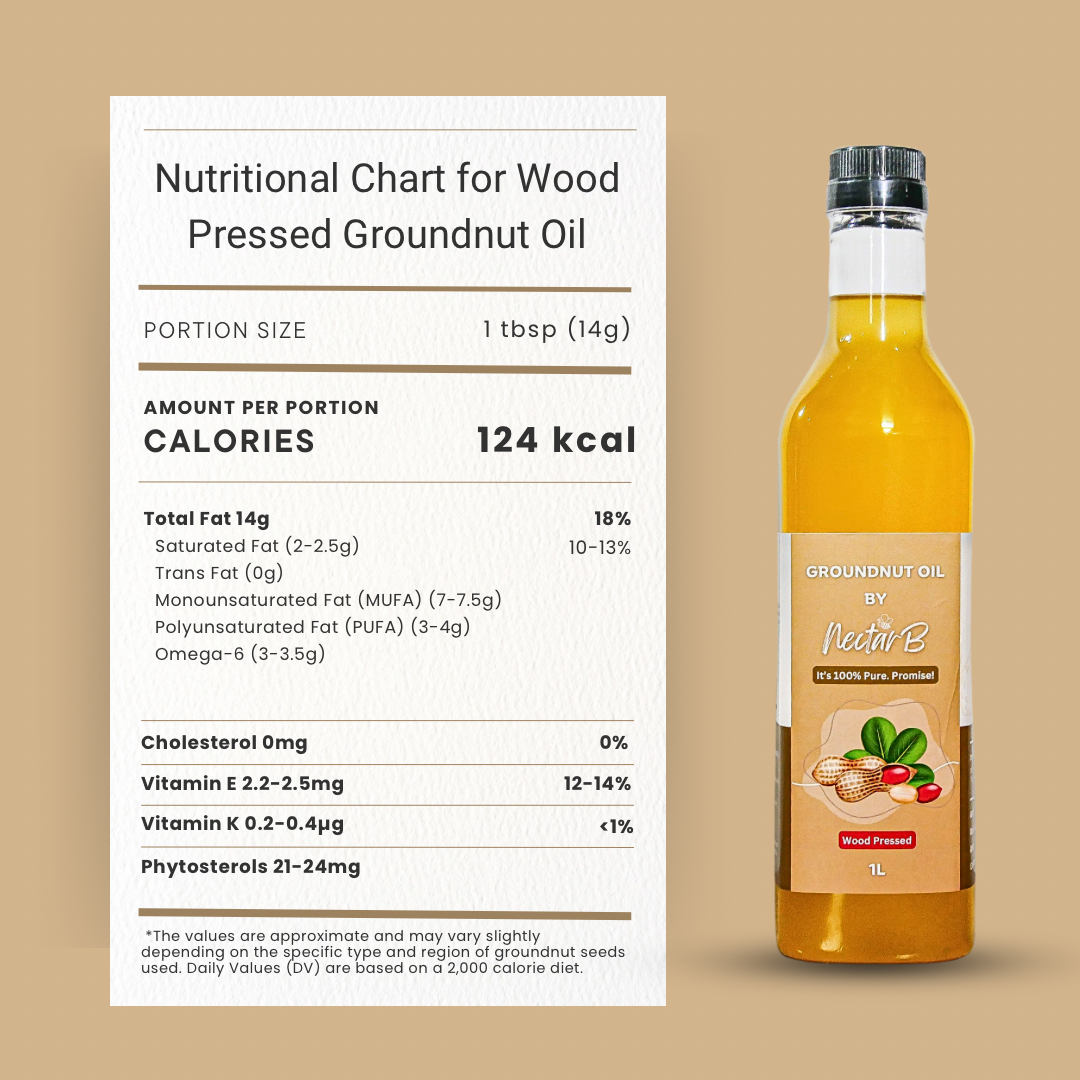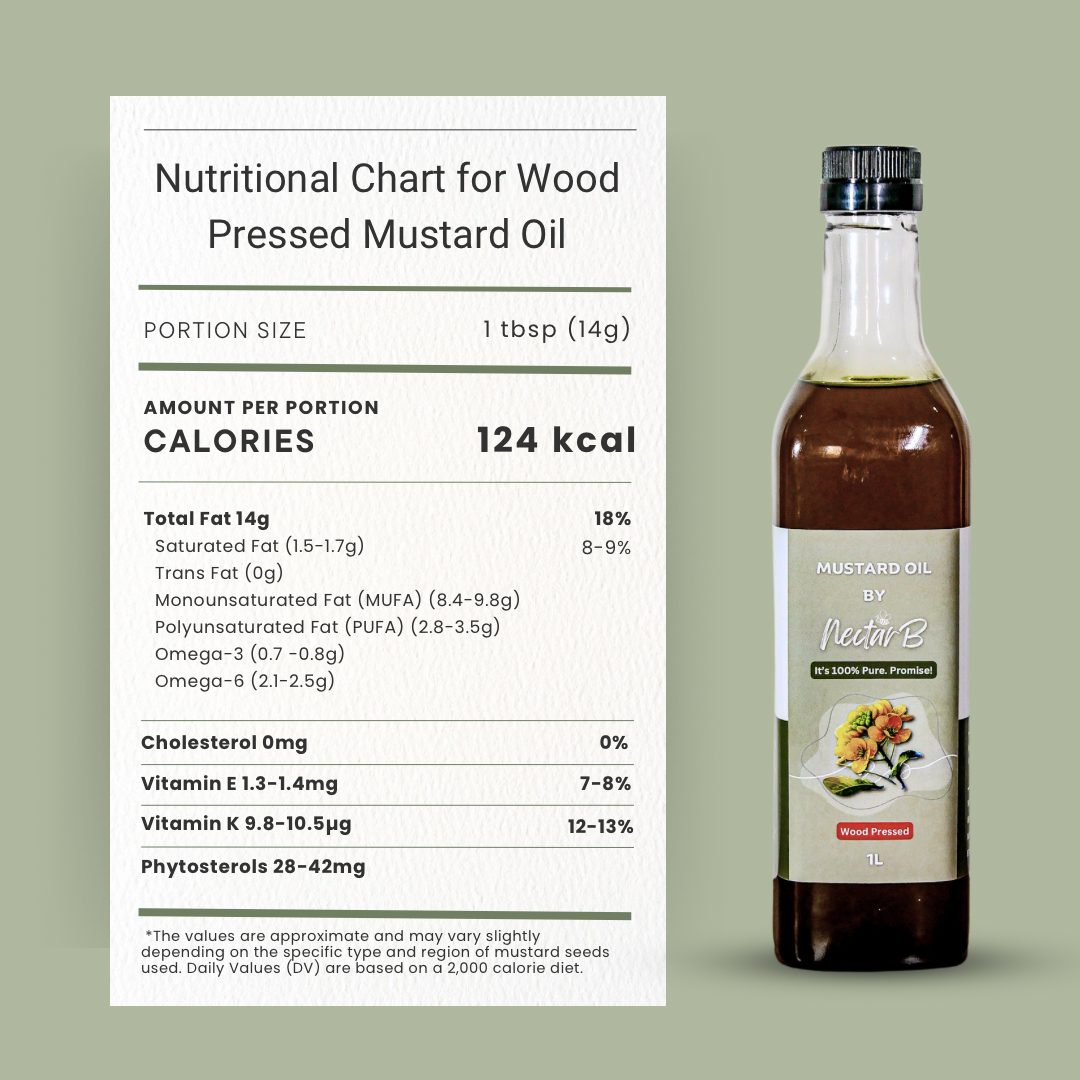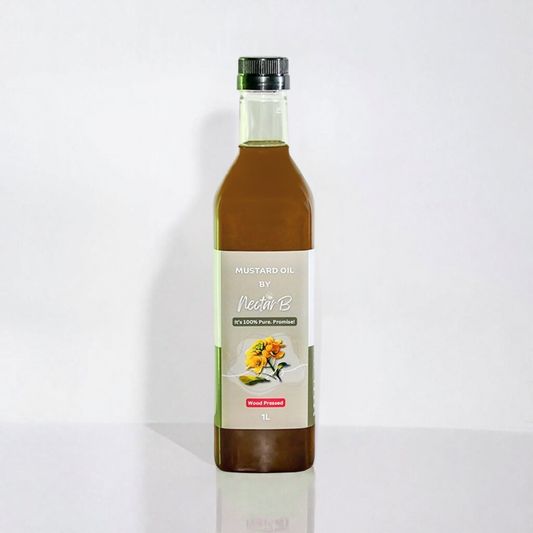Switching between multiple edible oils is important for several reasons, primarily related to health benefits and nutritional balance. Different oils have varying compositions of fats, antioxidants, and nutrients. Here are key reasons why switching oils can be beneficial:
1. Balanced Fatty Acid Intake
Different oils contain varying proportions of saturated fats, monounsaturated fats (MUFA), and polyunsaturated fats (PUFA), which are all essential in moderation for overall health. For example:
-
Olive oil is high in monounsaturated fats, which are heart-healthy.
-
Sunflower oil and soybean oil are rich in polyunsaturated fats, including omega-6 fatty acids.
-
Coconut oil contains a higher amount of saturated fats, but some studies suggest benefits for metabolism.
By switching between oils, you can balance the intake of these fats and avoid an excessive intake of any one type, which is important for heart health and overall well-being.
2. Variety of Nutrients
Different oils provide unique nutritional benefits:
-
Sesame oil contains lignans and antioxidants, which have anti-inflammatory properties.
-
Flaxseed oil is high in omega-3 fatty acids, which are beneficial for brain and heart health.
-
Avocado oil contains vitamins like E and antioxidants that promote skin health.
Switching between oils ensures you get a broader range of these nutrients in your diet.
3. Cooking Versatility
Some oils are better suited for high-heat cooking (e.g., rice bran oil or canola oil) due to their higher smoke points, while others (e.g., extra virgin olive oil) are better for salad dressings and low-heat cooking to preserve their health benefits. By switching oils, you can use the right one depending on your cooking method, maximizing flavor and health.
4. Preventing Excessive Omega-6 Intake
Many commonly used oils like sunflower, corn, and soybean oil are rich in omega-6 fatty acids. While omega-6 is essential, too much of it relative to omega-3 can promote inflammation. By rotating oils with higher omega-3 content (e.g., flaxseed oil, canola oil), you can maintain a healthier balance between omega-6 and omega-3 fatty acids.
5. Diverse Flavors
Different oils impart distinct flavors to food, allowing for more culinary creativity. For example, coconut oil provides a rich, tropical flavor, while sesame oil adds a nutty taste, enhancing the overall dining experience.
6. Minimizing Harmful Compounds
Frequent use of the same oil, especially at high temperatures, can lead to the formation of harmful compounds (e.g., trans fats and free radicals). Rotating oils and using them in appropriate contexts (like frying versus dressing) helps minimize this risk.
By switching between oils like sunflower, olive, coconut, and sesame oil, you can enjoy a diverse range of health benefits, enhance the flavor of your food, and promote overall wellness.




























